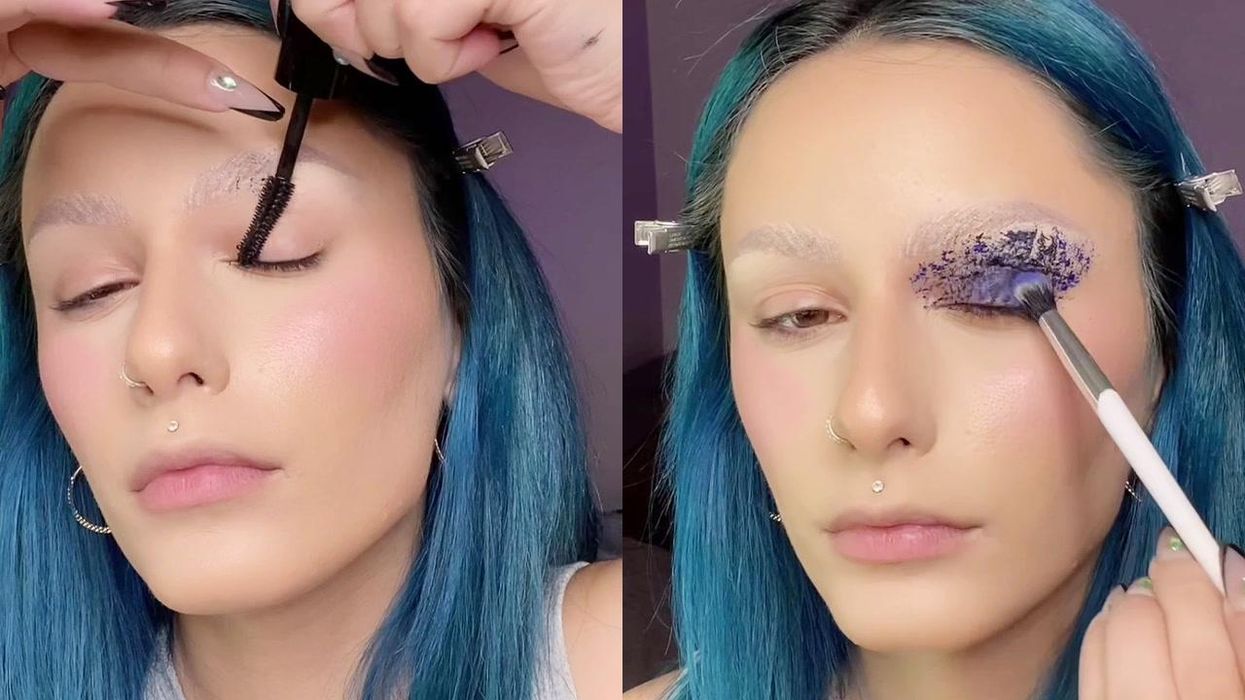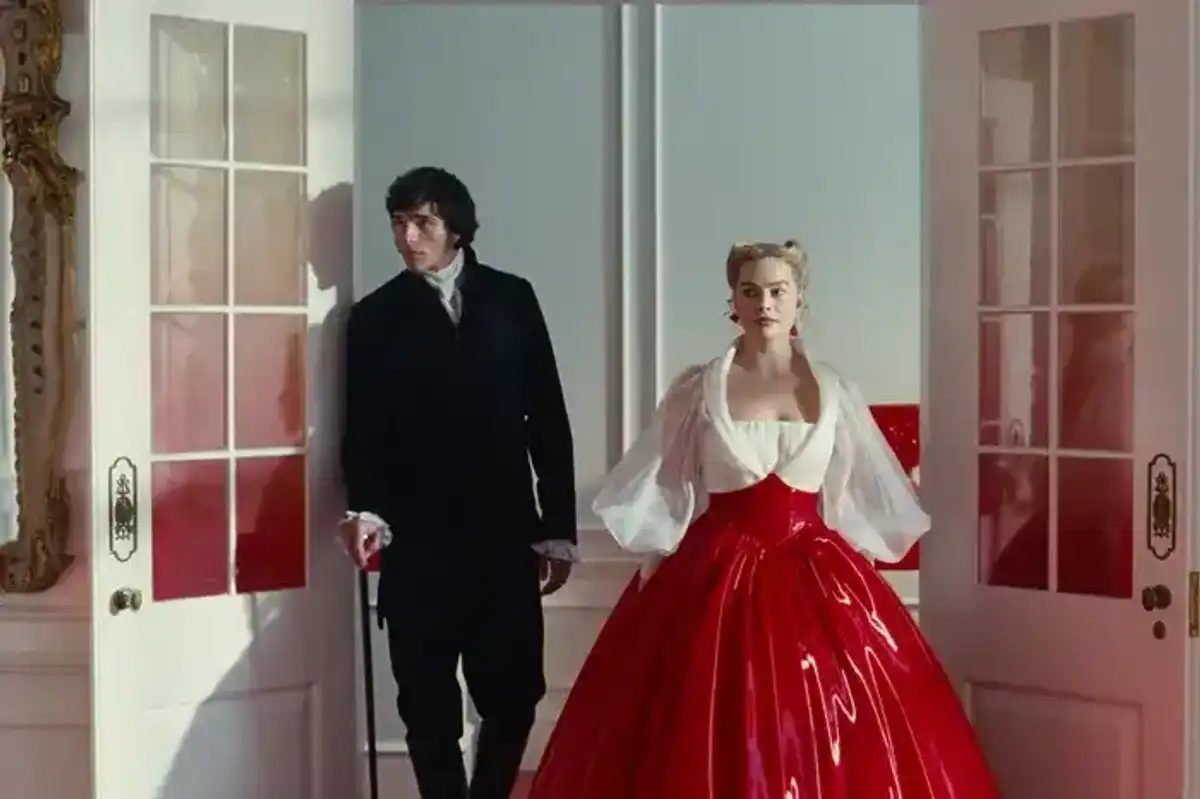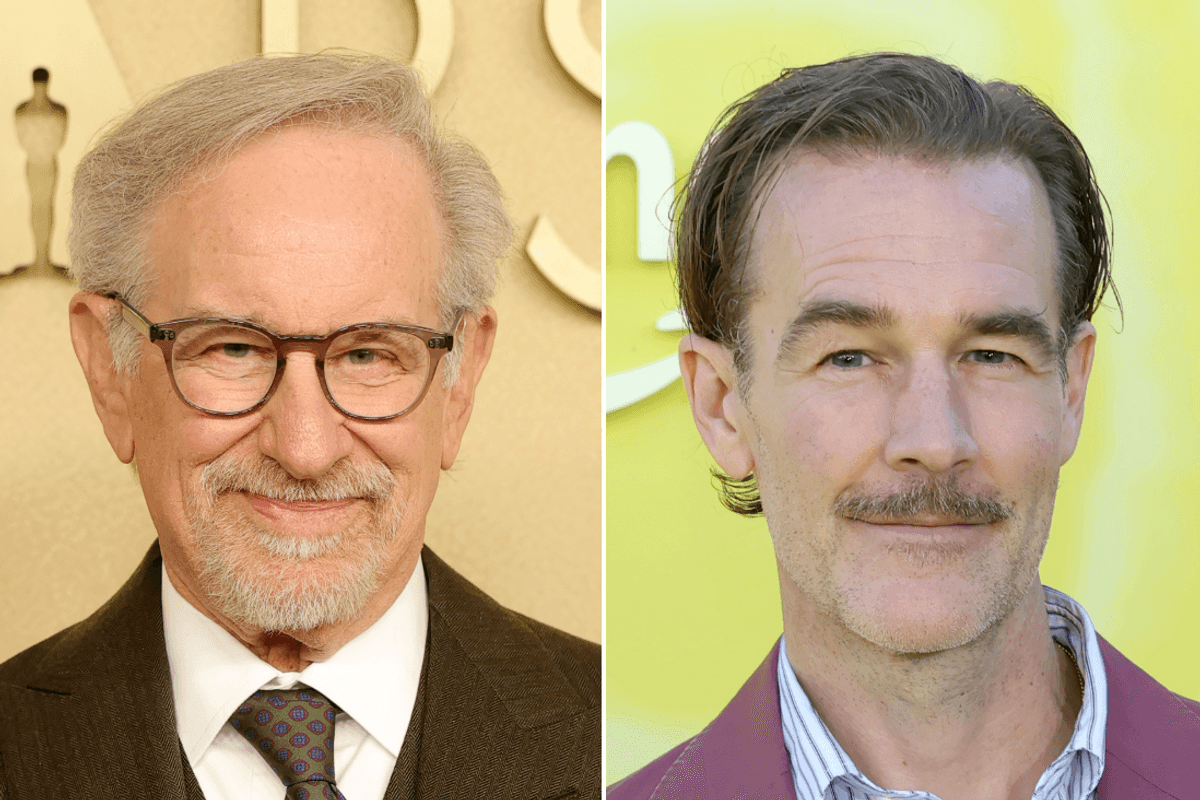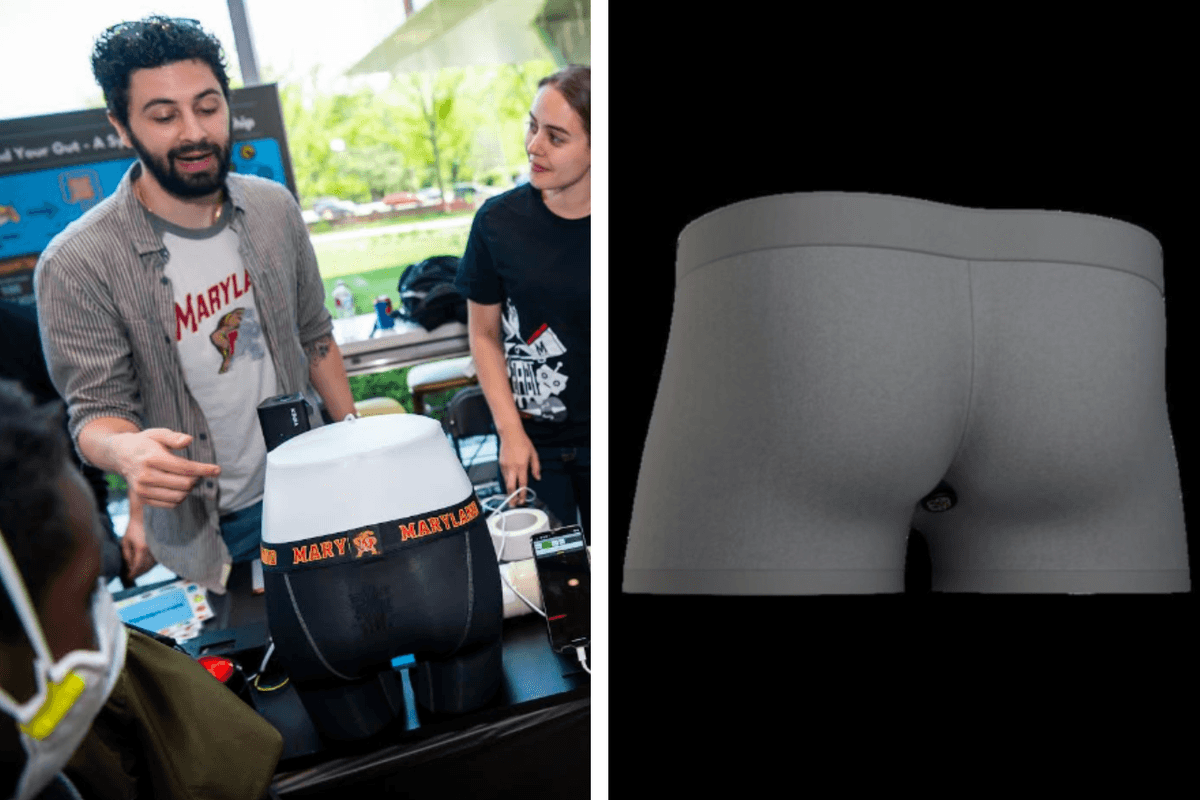Kate Plummer
Oct 09, 2022
Makeup artist applies mascara as eyeshadow in mesmerizing way
Indy
Ever wondered why some people are born with bright blue eyes, only for them to turn brown?
It is a confusing area with more to learn but here's what is known so far.
A study led by Cassie Ludwig, an ophthalmologist at the Byers Eye Institute at Stanford University, tracked 148 infants and found that blue eyes are more likely to change than brown eyes in the early stages of life.
Of the 40 blue-eyed babies in the study, 11 had brown eyes by the age of two, three had hazel, and two had green. Of the 77 brown-eyed newborns, almost all still had brown eyes by the age of two.
Meanwhile, eyes were more likely to get darker not lighter and another study showed eye colour usually stops changing by the age of six.
Sign up to our free Indy100 weekly newsletter
David Mackey, professor of ophthalmology in the Lions Eye Institute at the University of Western Australia told the BBC there may be genetic reasons for the change, and eye colour may change in the same way hair colour sometimes changes in early life- because greater quantities of pigment building up in the months or years after birth.
"The main pigment in the eyes is melanin and it's the way that melanin is distributed that gives you the different eye colours," he said. "Simply classifying them: you've got blue eyes, some people also talk about grey but really it's a variant of the blue, then you've got the hazel and green combinations, and then you've got the brown, and that can be slightly brown or extremely brown. All of that's related to how much melanin is there."
"We actually don't know what influences those colour changes," he continued, but said there could be an environmental factor at play. "You can almost say that for everything there's an interaction of genetics and environment, even for things we think of as totally genetic or as totally environmental," he said.
Injuries, infections and viruses can change eye colour, he explained.
So now you know.
Have your say in our news democracy. Click the upvote icon at the top of the page to help raise this article through the indy100 rankings.
Top 100
The Conversation (0)














